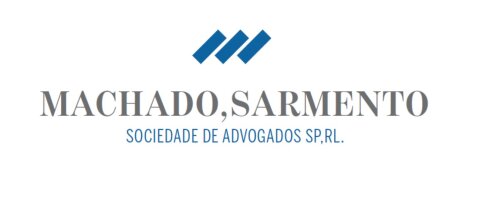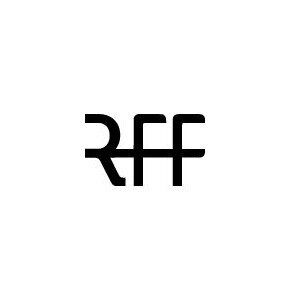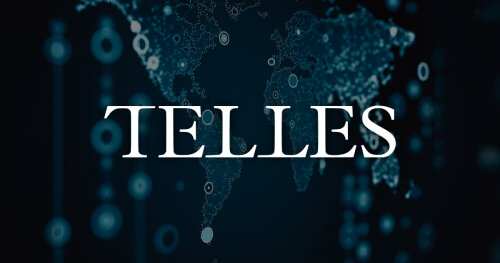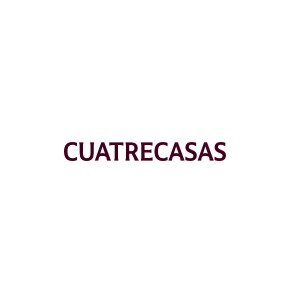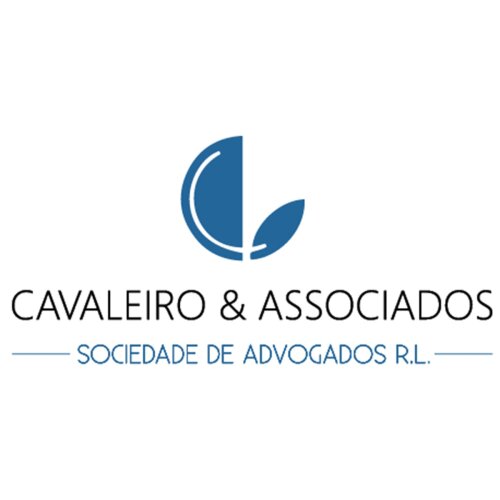Best Water Law Lawyers in Portugal
Share your needs with us, get contacted by law firms.
Free. Takes 2 min.
Or refine your search by selecting a city:
List of the best lawyers in Portugal
About Water Law in Portugal
Water Law in Portugal governs the use, management, protection, and conservation of water resources across the country. This legal area covers rivers, lakes, reservoirs, groundwater, and coastal waters. It is rooted in national legislation as well as aligned with European Union directives, ensuring that water resources are used sustainably and equitably. Key concerns include water quality, allocation of rights, environmental protection, pollution prevention, and public access. The foundation of Portuguese Water Law is the recognition that water is a public domain, and its use or exploitation is subject to regulation and oversight by state authorities.
Why You May Need a Lawyer
There are various situations where seeking legal advice in Water Law becomes essential. Examples include property owners disputing water rights or river boundaries, individuals or businesses facing compliance issues with water usage permits, and agricultural, industrial, or tourism ventures needing advice on water extraction or wastewater disposal. Legal expertise is also necessary for defending or filing claims in cases of water pollution, negotiating water use between neighbors, or understanding the implications of public works on private or communal water resources. A lawyer can help interpret complex regulations, represent clients before public entities, and ensure that all legal obligations are fully met, avoiding fines or legal disputes.
Local Laws Overview
The core legal framework for Water Law in Portugal is provided by the Lei da Água (Water Law), currently codified in Law no. 58/2005, which transposes the EU Water Framework Directive. Portuguese law classifies most water as part of the public domain, managed centrally by the state but sometimes also by regional and local authorities. Key aspects include:
- Ownership and Use: Water bodies are state-owned, and any private or commercial use usually requires a license, concession, or permit.
- Permitting System: Extraction of water, construction along watercourses, and discharge of wastewater are subject to strict permitting and environmental impact assessments.
- Environmental Protection: Stringent regulations are in place to protect water quality and ecosystems, fulfilling both national and EU standards.
- Public Access: Portuguese law upholds the right to public access to riverbanks and coastal zones, although certain restrictions may apply for environmental or safety reasons.
- Dispute Resolution: Mechanisms exist for resolving disputes related to water use, quality, and boundaries, including administrative appeals and litigation.
Compliance with these rules is monitored by several governmental agencies, and violations can result in significant penalties.
Frequently Asked Questions
What is considered public water in Portugal?
In Portugal, public waters include all inland and coastal surface waters, groundwater, and watercourses, regardless of their location. This means that rivers, lakes, and even groundwater resources are generally considered public domain and regulated by the state.
Do I need a permit to use or extract water on my property?
Yes, most uses of water resources require a permit or license, especially for activities like irrigation, industrial processes, or significant water extraction. Some small-scale domestic uses may be exempt, but it is always best to confirm your specific situation with local authorities.
How does Portuguese law protect water quality?
Portuguese law sets strict standards for water quality in accordance with EU directives. It regulates pollution sources, imposes monitoring requirements, and mandates remediation in case of contamination. Environmental agencies oversee compliance and enforce penalties for violations.
Can I build structures near a river or coastline?
Any construction or land development near rivers, lakes, or coastlines is subject to specific regulations and often requires permits. Protection zones typically exist, and unauthorized works may be subject to demolition or fines.
How are water disputes between neighbors resolved?
Disputes over water access or usage are initially addressed through administrative processes and, if necessary, civil court litigation. Mediation is sometimes encouraged to find amicable solutions without the need for lengthy legal processes.
What are my obligations regarding wastewater disposal?
Businesses and property owners are generally required to treat wastewater before discharge and obtain the relevant permits. Strict limits control the types and concentrations of pollutants that may be released into water bodies.
Do agricultural activities have special requirements?
Yes, agricultural irrigation and livestock farming are heavily regulated to prevent over-extraction and pollution. Special permits and water management plans may be necessary, along with adherence to good agricultural and environmental practices.
What penalties exist for violating Water Law?
Penalties can range from administrative fines to criminal charges, depending on the severity of the violation. Restoration of damaged sites and compensation for affected parties may also be imposed by the authorities or courts.
How do EU directives affect water law in Portugal?
Portugal implements various EU water and environmental directives, integrating them into national law. This alignment brings stricter standards for water quality, conservation, and public participation in water management decision-making processes.
How can I check if a nearby watercourse is protected or regulated?
You can consult local municipal offices or relevant government agencies, such as the Portuguese Environment Agency, for official records, maps, and information about the legal status of watercourses and related protection zones.
Additional Resources
For more information or to seek help with Water Law matters, consider consulting the following resources:
- Agência Portuguesa do Ambiente (APA) - The main governmental body responsible for managing water resources and implementing water law.
- Ministério do Ambiente e da Ação Climática - The Ministry overseeing national environmental and water policies.
- Municipal Environmental Departments - Provide local information and process permits or complaints related to water use.
- Order of Lawyers (Ordem dos Advogados) - Offers directories for finding licensed legal practitioners with experience in Water Law.
- Civic Associations and NGOs - Organizations dedicated to water resource protection and environmental education.
Next Steps
If you are facing a situation involving Water Law in Portugal, here are the key steps you should take:
- Assess Your Issue: Clearly identify your specific concern, such as needing a permit, resolving a dispute, or responding to a violation notice.
- Collect Documentation: Gather any relevant property deeds, permits, official correspondence, and records of water use or impact.
- Seek Professional Advice: Contact a lawyer specializing in environmental or Water Law for an initial consultation. They can provide tailored advice and explain your rights and obligations.
- Contact Relevant Authorities: Reach out to the Portuguese Environment Agency or local municipal offices for specific procedures or requirements related to your case.
- Prepare for Administrative Processes: Be ready to submit applications, respond to inquiries, or participate in hearings as needed.
- Follow Legal Deadlines: Ensure that all responses and appeals are filed on time to avoid penalties or the loss of rights.
Legal issues relating to water can be complex and have significant consequences. Engaging a qualified legal professional early in the process is the best way to protect your interests and achieve compliant, effective solutions.
Lawzana helps you find the best lawyers and law firms in Portugal through a curated and pre-screened list of qualified legal professionals. Our platform offers rankings and detailed profiles of attorneys and law firms, allowing you to compare based on practice areas, including Water Law, experience, and client feedback.
Each profile includes a description of the firm's areas of practice, client reviews, team members and partners, year of establishment, spoken languages, office locations, contact information, social media presence, and any published articles or resources. Most firms on our platform speak English and are experienced in both local and international legal matters.
Get a quote from top-rated law firms in Portugal — quickly, securely, and without unnecessary hassle.
Disclaimer:
The information provided on this page is for general informational purposes only and does not constitute legal advice. While we strive to ensure the accuracy and relevance of the content, legal information may change over time, and interpretations of the law can vary. You should always consult with a qualified legal professional for advice specific to your situation.
We disclaim all liability for actions taken or not taken based on the content of this page. If you believe any information is incorrect or outdated, please contact us, and we will review and update it where appropriate.
Browse water law law firms by city in Portugal
Refine your search by selecting a city.






